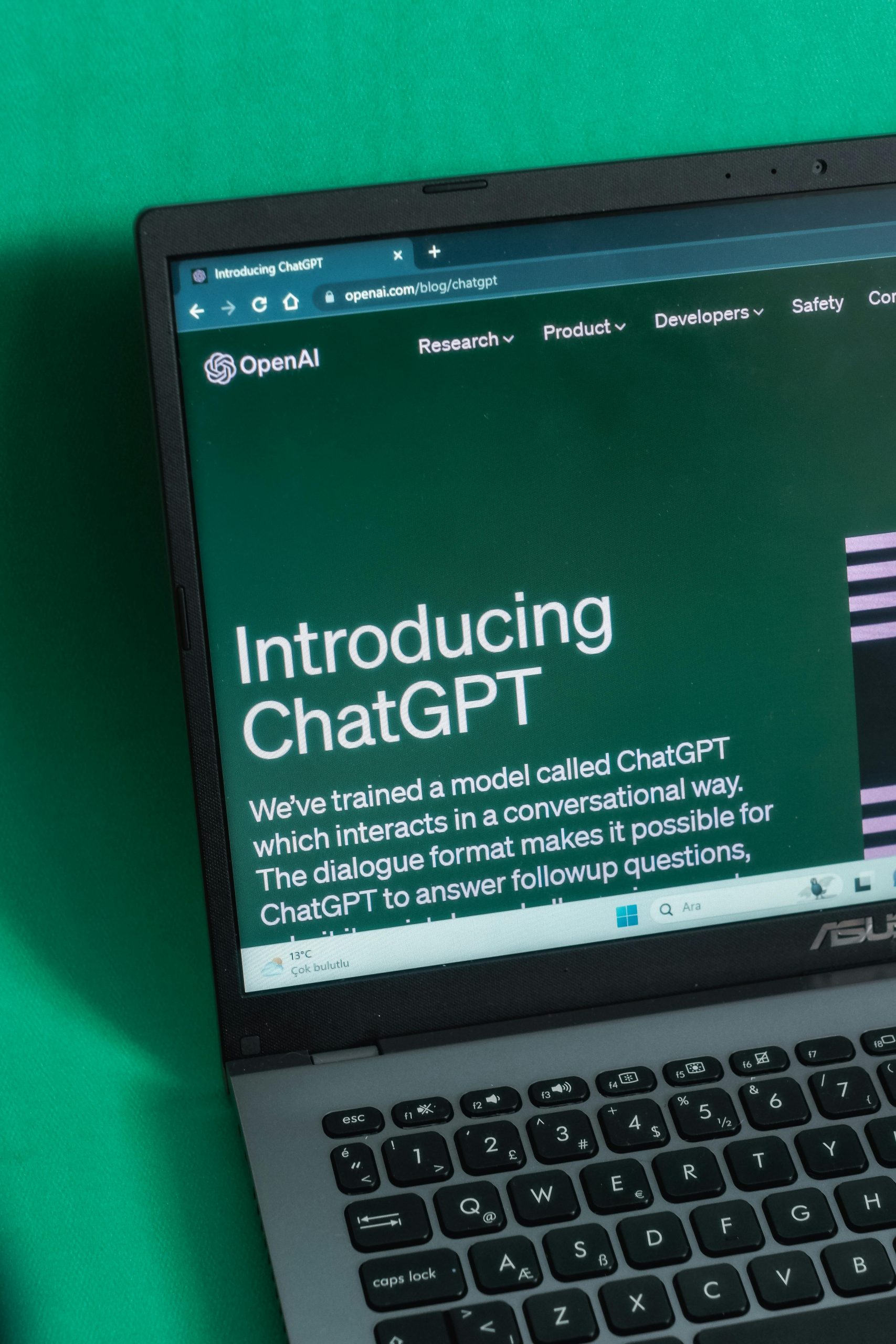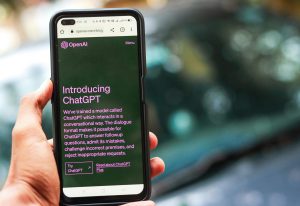ChatGPT is in such a bad state my most novice students have noticed it going off rails
Understanding the Current Challenges with ChatGPT: A Professional Perspective
In recent months, the landscape of AI-powered language models has seen rapid advancements, but not without notable setbacks. As an educator specializing in integrating AI into various professional domains—particularly education, healthcare, and marketing—I have observed firsthand how the latest updates are impacting usability, especially when dealing with novice users.
Case Study: AI in Education and the Impact of Recent Model Updates
Recently, I worked with a mother of three, an online nursing student leveraging AI tools to streamline her study process. Despite limited technical background, her enthusiasm and dedication helped her achieve remarkable efficiency—reducing her study time from hours of reviewing lengthy materials and video lectures to just about 20 minutes of targeted reading. Her tools of choice included GPT-4, Gemini, and NotebookLM, which initially delivered impressive results.
However, her recent experience following the GPT-5 update underscores some concerning issues. Since upgrading, she reported a significant decline in the model’s performance, prompting me to reassess its utility.
Key Observations Post-GPT-5 Update:
-
Degradation of Output Quality: Our longstanding prompt framework, fine-tuned over months with GPT-3.0, Gemini, and Claude, now yields subpar results with GPT-5. Critical tasks such as generating comprehensive exam summaries—previously achievable in minutes—are now often incomplete or riddled with inaccuracies.
-
Generic and Unhelpful Responses: Even when sourcing information from reputable references, GPT-5 tends to produce bland, superficial content. For healthcare, this is especially concerning; outputs resemble poorly paraphrased notes from undergraduates rather than authoritative insights.
-
Inefficiency and Frustration: Tasks that once required a single prompt now necessitate multiple rounds of clarification—up to five or more—in an attempt to coax useful output. This not only hampers productivity but also frustrates users who depend on AI assistance for critical learning.
Implications for AI Integration in Education and Business
As someone engaged in teaching AI tools for entrepreneurship and professional development, this decline in performance poses significant challenges. For upcoming sessions with students working on family business projects, I am considering advising against reliance on GPT-5. Instead, I plan to introduce alternative solutions like Gemini, which, even on modest hardware, provides more reliable and coherent outputs without internet dependency.
The Role of Local AI Models
Interestingly, I have experimented with local deployment of lightweight models, such as














Post Comment